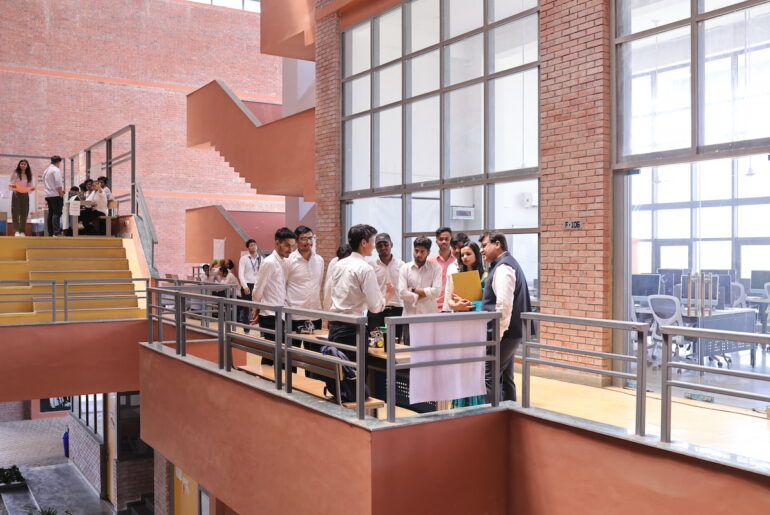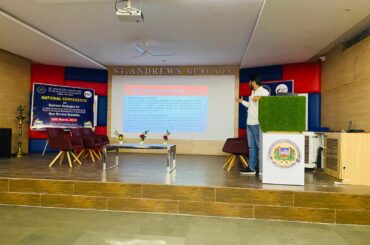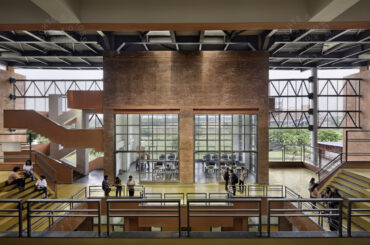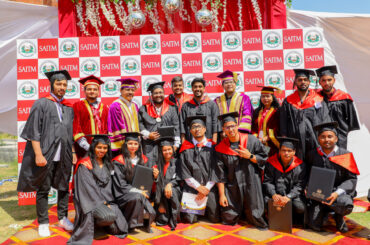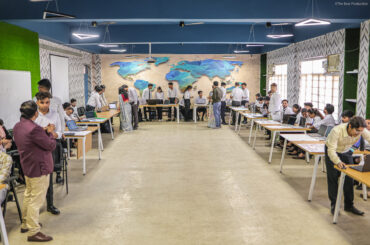B Tech Meaning
B Tech full form Bachelor of Technology, is an undergraduate academic degree conferred upon students who have completed a program in the field of technology or engineering. B Tech Meaning signifies a popular choice among students aspiring to pursue careers in engineering disciplines such as Computer Science, Electrical, Mechanical, Civil, Electronics, and more.
The B Tech curriculum typically spans four years, divided into multiple semesters, and emphasizes both theoretical knowledge and practical skills. B Tech Meaning involves students delving into subjects ranging from core engineering principles to specialized topics relevant to their chosen field. The coursework often includes laboratory sessions, workshops, projects, and industrial training to provide hands-on experience and practical application of concepts.
The degree is designed to equip graduates with a solid foundation in technical expertise, problem-solving abilities, and analytical skills necessary to tackle real-world engineering challenges. B Tech Meaning also encompasses fostering creativity, innovation, and critical thinking among students, preparing them for diverse roles in industries such as IT, manufacturing, telecommunications, construction, automotive, and more.
Beyond technical proficiency, B Tech programs also focus on soft skills such as communication, teamwork, and project management, essential for professional success in the global job market. B Tech Meaning encompasses graduates who have opportunities to pursue careers as engineers, consultants, researchers, technologists, and entrepreneurs, contributing significantly to technological advancements and societal development.
Some of the most opted courses in India and St. Andrews college or different Engineering college or Management colleges are as follows:-
BTech Course Overview

A BTech (Bachelor of Technology) course typically offers a comprehensive education in various branches of engineering and technology. B Tech Meaning signifies an in-depth understanding and expertise in these technical fields.
Here’s an overview of what you can expect from a typical BTech course:
Duration
BTech programs generally span four years, divided into eight semesters.
Curriculum
The curriculum includes a blend of core subjects, elective courses, laboratory work, and projects. Core subjects vary based on the chosen specialization (e.g., Computer Science, Electrical, Mechanical, Civil, Electronics).
Specializations:
BTech offers specializations in a wide range of engineering disciplines, allowing students to focus on areas such as:
Computer Science Engineering (CSE)
Electrical Engineering (EE)
Mechanical Engineering (ME)
Civil Engineering (CE)
Electronics and Communication Engineering (ECE)
Chemical Engineering (ChemE)
Aerospace Engineering
Biotechnology
Information Technology (IT)
Practical Training
Emphasis is placed on practical learning through laboratory sessions, workshops, industry visits, and internships. This hands-on experience is crucial for applying theoretical knowledge to real-world engineering problems.
Project Work
Many BTech programs require students to complete a significant project in their final year. These projects often involve research, design, and development of engineering solutions, providing practical experience and preparing students for professional roles.
Soft Skills
Alongside technical knowledge, BTech courses also focus on developing soft skills such as communication, teamwork, leadership, and problem-solving abilities. These skills are essential for career success and professional interactions.
Industry Alignment
To stay relevant and competitive, BTech programs often collaborate closely with industries, ensuring that the curriculum reflects current trends, technologies, and industry demands.
Career Opportunities
Graduates of BTech programs are well-equipped to pursue careers as engineers, consultants, researchers, project managers, and entrepreneurs across various industries including IT, manufacturing, telecommunications, construction, automotive, and more.
Understanding B Tech Courses

Understanding B Tech courses involves grasping the fundamental aspects of Bachelor of Technology programs. B Tech Meaning refers to these undergraduate degrees in various branches of engineering and technology.
Here’s a breakdown to help you comprehend B Tech courses better:
Core Curriculum
B Tech programs typically have a structured core curriculum that covers foundational engineering subjects relevant to the chosen specialization. These core courses provide a solid theoretical framework and understanding of fundamental principles.
Specializations
B Tech courses offer specializations in diverse fields such as Computer Science Engineering (CSE), Electrical Engineering (EE), Mechanical Engineering (ME), Civil Engineering (CE), Electronics and Communication Engineering (ECE), and more. Each specialization focuses on specific areas of engineering, tailored to industry needs and technological advancements.
Practical Learning
Practical learning is a crucial component of B Tech courses. It includes laboratory experiments, workshops, and projects aimed at applying theoretical knowledge to real-world problems. This hands-on experience enhances technical skills and fosters innovation and creativity among students.
Project Work;
Many B Tech programs require students to undertake a substantial project in their final year. These projects can be research-oriented or industry-centric, providing opportunities for students to explore specialized areas of interest and develop solutions to engineering challenges.
Interdisciplinary Approach
Some B Tech programs integrate interdisciplinary approaches, combining engineering principles with aspects of computer science, management, or other fields. This approach prepares students to address complex, multifaceted issues in the modern engineering landscape.
Soft Skills Development
Alongside technical proficiency, B Tech courses emphasize the development of soft skills such as communication, teamwork, leadership, and problem-solving. These skills are essential for effective collaboration, project management, and career advancement in diverse professional environments.
Industry Relevance
B Tech courses often align closely with industry needs and trends. Collaborations with industry partners, internships, and industrial training programs ensure that graduates are equipped with relevant skills and knowledge sought after by employers.
Global Perspective
Many B Tech programs incorporate global perspectives through international collaborations, exchange programs, or coursework that addresses global engineering challenges and practices.
Popular B Tech Specializations
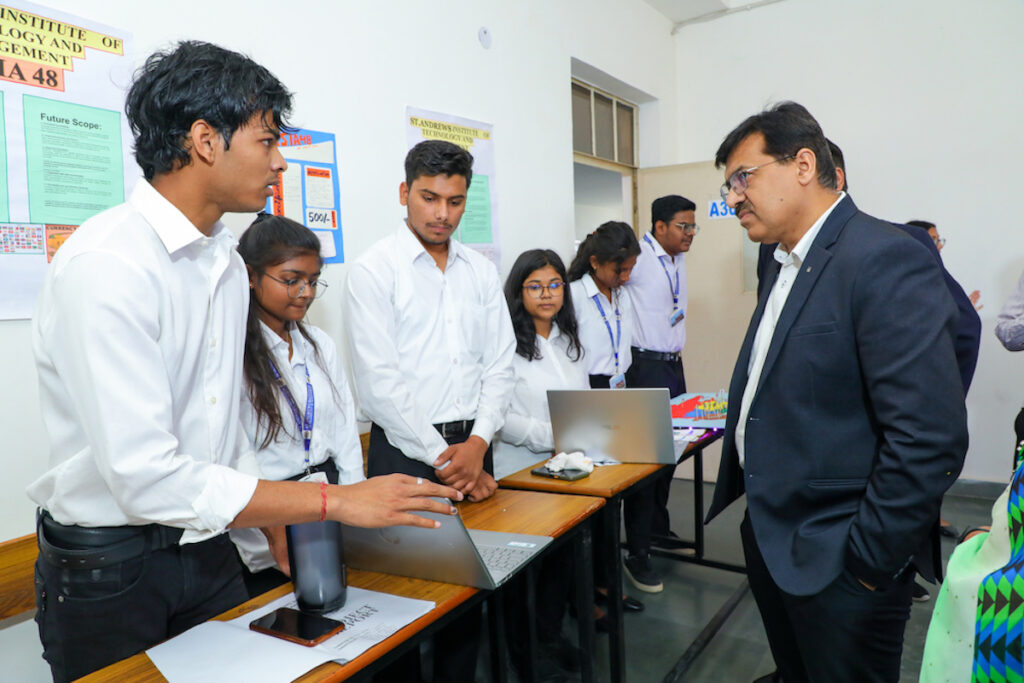
The high-demand B.Tech courses preferred in India span a variety of engineering disciplines, reflecting current industry demands and technological advancements. B Tech Meaning encompasses these popular and in-demand specializations.
Here are some high demand B.Tech specializations;
Computer Science and Engineering (CSE)
Focus: Software development, algorithms, data structures, artificial intelligence, machine learning, cybersecurity.
Demand: High due to the booming IT and software industry.
Electronics and Communication Engineering {ECE}
Focus: Communication systems, electronic circuits, VLSI, signal processing.
Demand: Consistently high due to the need for communication technology and consumer electronics.
Mechanical Engineering{ME}
Focus: Mechanics, thermodynamics, robotics, manufacturing processes, automotive design.
Demand: Steady, as it forms the backbone of manufacturing and industrial sectors.
Electrical and Electronics Engineering (EEE)
Focus: Electrical circuits, power systems, control systems, renewable energy.
Demand: High due to the growing need for power management and renewable energy solutions.
Information Technology [IT]
Focus: Software development, database management, network security, web technologies.
Demand: High, similar to CSE, with a focus on IT services and management.
Civil Engineering
Focus: Structural engineering, construction management, geotechnical engineering, environmental engineering.
Demand: Steady due to ongoing infrastructure development projects.
Chemical Engineering
Focus: Chemical processes, biochemistry, materials science, process engineering.
Demand: Moderate, with specific industries such as pharmaceuticals, petrochemicals, and materials science driving the need.
Aeronautical Engineering
Focus: Aircraft design, aerodynamics, avionics, propulsion systems.
Demand: Niche but growing with advancements in aviation and space exploration.
Biotechnology
Focus: Genetic engineering, bioprocess technology, bioinformatics, molecular biology.
Demand: Growing, especially in the healthcare, pharmaceutical, and agricultural sectors.
Data Science and Artificial Intelligence
Focus: Big data analytics, machine learning, data mining, AI applications.
Demand: Rapidly increasing due to the exponential growth of data-driven decision-making in various industries.
Environmental Engineering
Focus: Environmental impact assessment, waste management, sustainable development.
Demand: Growing due to increased emphasis on sustainability and environmental protection.
Automobile Engineering
Focus: Vehicle design, manufacturing, and maintenance, automotive electronics.
Demand: Consistent, driven by the automotive industry’s growth and innovation.
Robotics and Automation Engineering
Focus: Robotics design, automation systems, industrial automation, AI in robotics.
Demand: Increasing with the rise of automation and Industry 4.0 initiatives.
B Tech Course Fees Structure
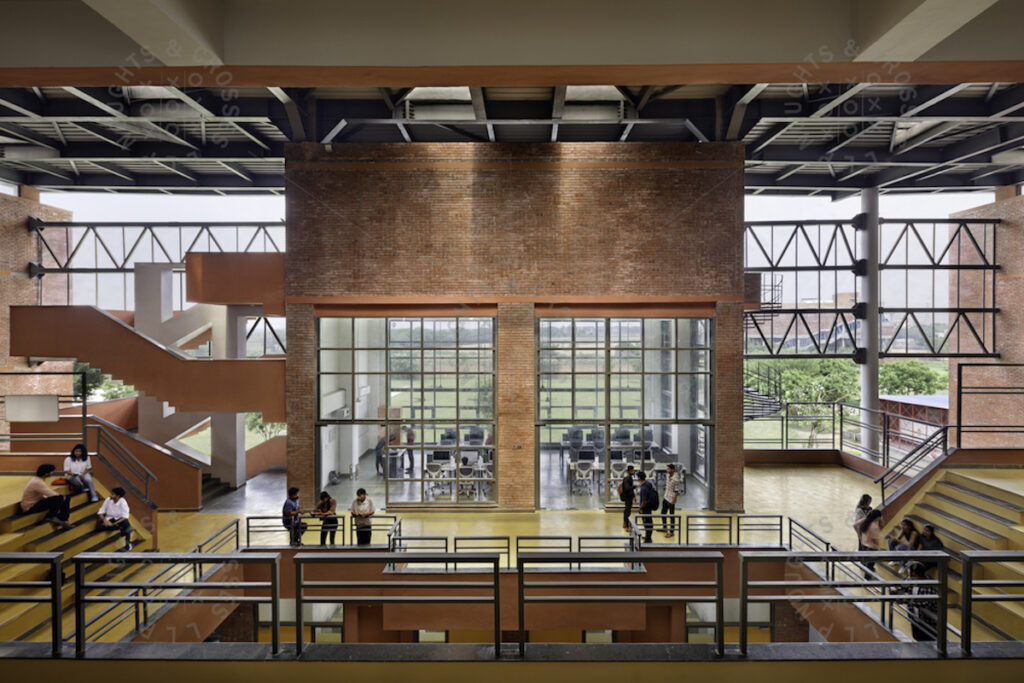
Here’s a general overview:
Government Institutions:
IITs (Indian Institutes of Technology):
Fees: Generally around Rs. 2-3 lakhs per annum for undergraduate programs.
Additional Costs: Hostel fees, mess charges, and other incidental expenses.
St. Andrews Institute of Technology & Management, Gurgaon:
Fees: ₹98,500 per year.
Additional Costs: Hostel fees, mess charges, and transportation fees.
NITs (National Institutes of Technology):
Fees: Approximately Rs. 1-2 lakhs per annum.
Additional Costs: Similar to IITs, including hostel and mess fees.
IIITs (Indian Institutes of Information Technology):
Fees: Can range from Rs. 1-2 lakhs per annum.
Additional Costs: Hostel, mess, and other charges.
Private Universities and Institutes:
BITS Pilani:
Fees: Around Rs. 4-6 lakhs per annum.
Additional Costs: Hostel fees, mess charges, etc.
VIT Vellore:
Fees: Approximately Rs. 1.75 – 2.25 lakhs per annum.
Additional Costs: Hostel accommodation, food, and other fees.
Amrita School of Engineering:
Fees: Around Rs. 2.5 – 3.5 lakhs per annum.
Additional Costs: Similar to other private institutions, including hostel and mess charges.
KIIT University:
Fees: Approximately Rs. 2-3 lakhs per annum.
Additional Costs: Hostel accommodation, food charges, etc.
UPES Dehradun:
Fees: Varies but generally around Rs. 2-3 lakhs per annum.
Additional Costs: Hostel fees, mess charges, and other expenses.
Fee Structure Considerations:
Scholarships and Financial Aid: Many institutions offer scholarships based on merit or financial need, which can significantly reduce the overall cost for students.
Hostel and Mess Charges: These are usually additional costs and can vary based on the amenities provided by the institution.
Additional Expenses: Books, laboratory charges, project fees, etc., are often not included in the tuition fees and should be budgeted separately.
Eligibility Criteria for BTech
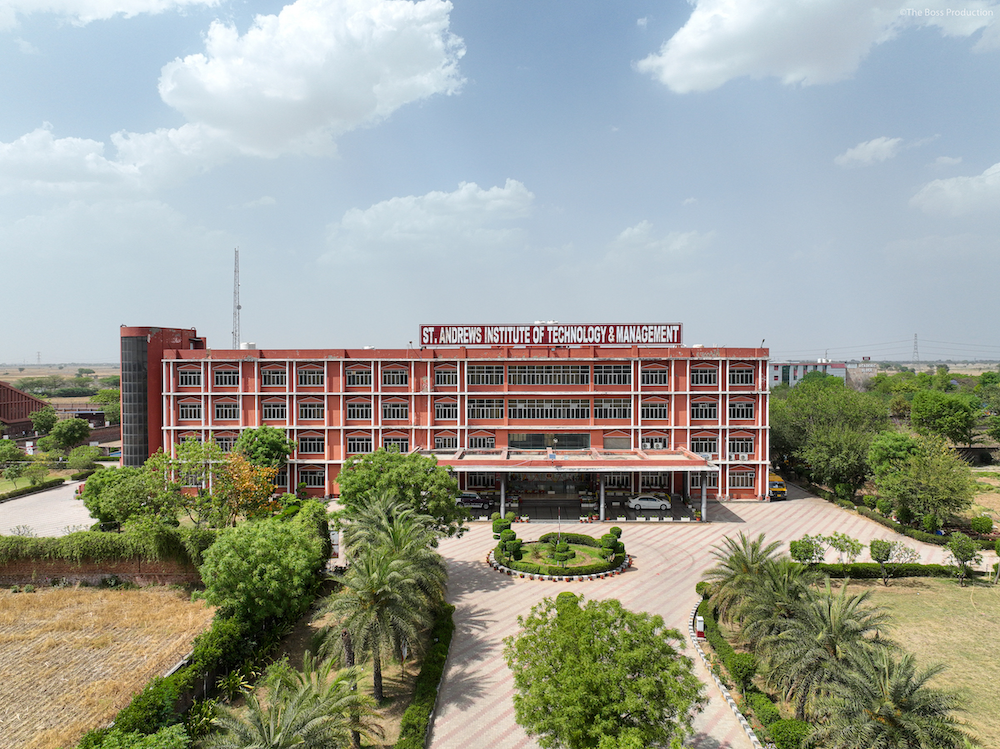
Here is a comprehensive overview of the typical BTech eligibility criteria:
Educational Qualification:
Candidates must have completed their 10+2 or equivalent examination from a recognized board of education. The most common and required subjects at the 10+2 level are Physics, Chemistry, and Mathematics (PCM). These subjects form the foundational knowledge base required for most engineering courses.
Minimum Marks:
Most institutions stipulate a minimum aggregate score in the 10+2 examination. Generally, candidates need to have secured at least 50-60% aggregate marks in PCM. Some of the more prestigious institutions or highly competitive programs may require a higher percentage. Additionally, specific state-level regulations might influence these requirements, especially for reserved category candidates.
Entrance Exams:
A crucial component of the eligibility criteria is qualifying in relevant BTech entrance examinations. The Joint Entrance Examination (JEE) Main is the most widely accepted entrance exam across India, and qualifying this exam is a prerequisite for many top engineering colleges. Those aiming for the Indian Institute of Technology (IITs) need to qualify for both JEE Main and JEE Advanced. Besides JEE, there are several state-level entrance examinations like MHT CET (Maharashtra), KCET (Karnataka), TNEA (Tamil Nadu), and institutional exams like BITSAT for BITS Pilani and VITEEE for VIT Vellore. The scores from these exams are critical for securing a seat in the desired engineering college.
Age Limit:
Typically, candidates should be at least 17 years old at the time of admission. While many institutions do not enforce a strict upper age limit, some entrance examinations like JEE Main have an age criterion, generally stating that candidates should not be older than 25 years. There are usually relaxations in the upper age limit for reserved categories (SC/ST/OBC).
Additional Criteria:
Reservation Criteria: As per government regulations, there are reserved seats for candidates from SC/ST/OBC categories, as well as for those with disabilities. These candidates often have a relaxation in the minimum marks required and sometimes in the age limit.
Domicile Requirements: Some state-level entrance exams and colleges have domicile criteria, meaning they reserve a certain number of seats for candidates who are residents of the state.
Personal Interviews/Counseling: Certain private institutions might have an additional round of personal interviews or counseling sessions to evaluate the candidate’s suitability for the course.
BTech Degrees Specialisations
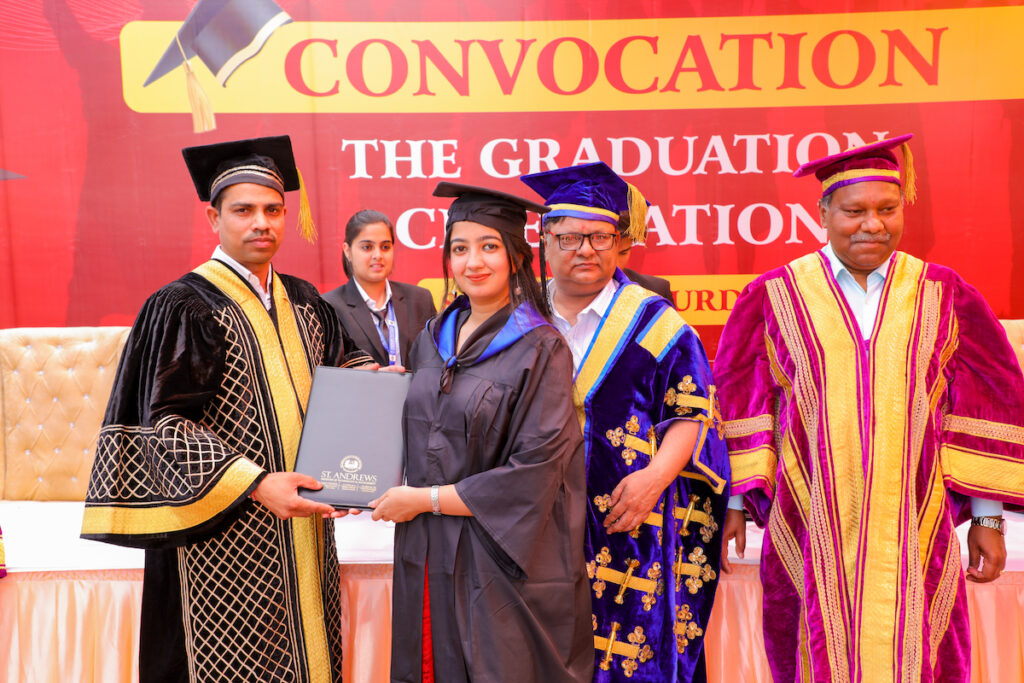
Here are some popular BTech Programme specializations:
Computer Science and Engineering (CSE):
Focuses on software development, programming, algorithms, data structures, ai, machine learning, etc.
Electronics and Communication Engineering (ECE);
Deals with electronic circuits, communication systems, signal processing, embedded systems, VLSI design, etc.
Mechanical Engineering:
Involves the study of machinery, manufacturing processes, thermodynamics, fluid mechanics, materials science, etc.
Civil Engineering {CE}
Covers structural engineering, construction management, transportation engineering, environmental engineering, geotechnical engineering, etc.
Electrical Engineering:
Includes power systems, control systems, electrical machines, renewable energy systems, instrumentation, etc.
Information Technology {IT}:
Similar to CSE but with a focus on IT infrastructure, networking, database management, cybersecurity, software engineering, etc.
Chemical Engineering:
Focuses on chemical processes, plant design, biochemical engineering, polymers, environmental engineering, etc.
Aeronautical Engineering:
Involves aircraft design, aerodynamics, avionics, propulsion systems, aerospace structures, etc.
Biotechnology;
Integrates biological sciences with engineering principles for applications in healthcare, agriculture, pharmaceuticals, etc.
Petroleum Engineering:
Focuses on exploration, extraction, refining, and processing of petroleum and natural gas resources.
Automobile Engineering:
Automobile engineering encompasses vehicle design, manufacturing, automotive systems, automotive electronics, and alternative fuels.
Robotics and Automation Engineering:
Involves the design, construction, operation, and use of robots, automated systems, artificial intelligence, etc.
Environmental Engineering:
Focuses on sustainable development, pollution control, waste management, water resources management, etc.
Instrumentation Engineering:
Involves instrumentation systems, control systems, sensors, process control, industrial automation, etc.
Mining Engineering:
Covers mining operations, mineral extraction, mine design, environmental impact assessment, etc.
Choosing the Right B Tech Program
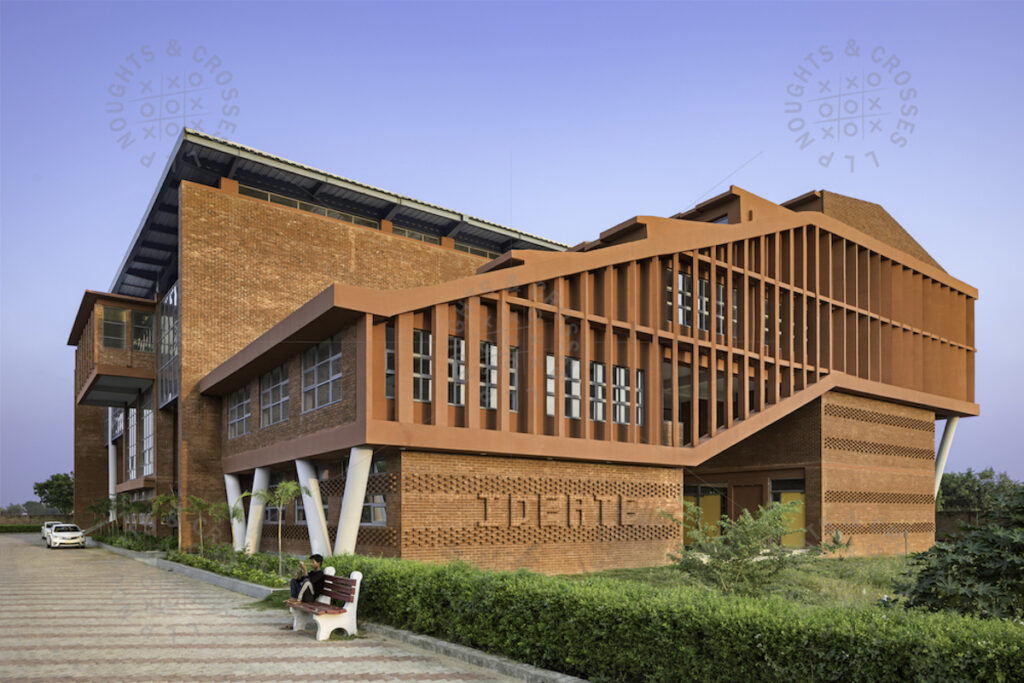
Choosing the right B Tech program involves several considerations to ensure it aligns with your interests, career goals, and future aspirations.
Here’s a guide to help you make an informed decision:
Identify Your Interests
Determine your interests within the field of engineering. Are you inclined towards Computer Science, Electronics, Mechanical, Civil, or another specialization? Choose a program that matches your passion and strengths.
Research Specializations
Explore the various specializations offered within B Tech programs. Each specialization has its own focus areas, career opportunities, and skill requirements. Research the curriculum, subjects covered, and practical learning opportunities specific to each specialization.
Accreditation and Reputation
Check the accreditation status and reputation of the institutions offering B Tech programs. Accreditation ensures that the program meets quality standards and is recognized by industry and employers. Research the institution’s reputation, faculty expertise, infrastructure, and alumni success.
Curriculum and Course Structure
Review the curriculum and course structure of the B Tech program. Look for a balanced mix of core engineering subjects, elective courses, practical training (labs, workshops, projects), and opportunities for specialization or interdisciplinary learning.
Industry Connections and Internships
Consider B Tech programs that have strong industry connections, offer internships, or provide opportunities for industrial training. Practical exposure to real-world projects and industry practices enhances your employability and prepares you for professional roles.
Facilities and Resources
Evaluate the facilities and resources available at the institution, such as well-equipped laboratories, libraries, research centers, and campus infrastructure. These resources play a crucial role in supporting your academic and extracurricular activities.
Placement and Career Opportunities
Research the placement record and career opportunities available to graduates of the B Tech program. Look for information on average salaries, companies that recruit from the institution, and alumni networks that can facilitate job placements and career growth.
Location and Campus Life
Consider the location of the institution and its impact on your overall experience. Assess factors such as campus life, student support services, cultural diversity, extracurricular activities, and living arrangements.
Financial Considerations
Evaluate the cost of tuition, fees, living expenses, and financial aid options available for the B Tech program. Consider scholarships, grants, and student loan opportunities to finance your education.
Consult with Experts
Seek advice from career counselors, faculty members, industry professionals, and alumni to gain insights into different B Tech programs and make an informed decision.
BTech Admission Process
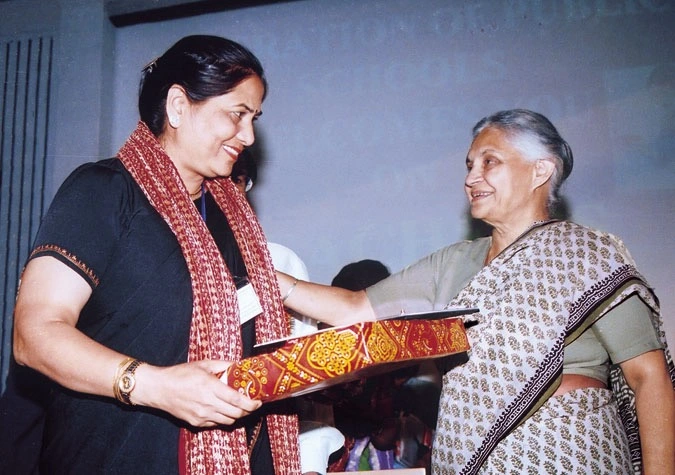
Here is a detailed overview of the typical BTech admission process:
Understanding Eligibility Criteria:
Before applying, candidates should ensure they meet the eligibility criteria, which generally include:
Completion of 10+2 or equivalent with Physics, Chemistry, and Mathematics (PCM).
Minimum aggregate marks (usually between 50-60%).
Age requirements, if any.
Qualifying relevant entrance exams.
Entrance Exams;
Candidates must appear for and qualify in the relevant BTech entrance exams. These include:
National Level Exams: JEE Main for admission to NITs, IIITs, and other centrally funded institutions. JEE Advanced is for admission to the IITs.
State Level Exams: Such as MHT CET (Maharashtra), KCET (Karnataka), WBJEE (West Bengal), etc., which provide entry to state engineering colleges.
University/Institute Specific Exams: Like BITSAT for BITS Pilani, VITEEE for VIT Vellore, etc.
Application Process:
Register for Entrance Exams:– Candidates must register for the entrance exams by filling out the online application forms available on the official websites of the exams.
Application Form: Fill out the application forms for the colleges or universities you are interested in. This can often be done online on the respective institution’s website.
Upload Documents: Required documents such as mark sheets, photographs, and signatures need to be uploaded as per the guidelines.
Appear for Entrance Exams:
Admit Cards: Download and print the admit cards for the entrance exams.
Examination: Attend the entrance exams on the scheduled dates. Ensure to follow the exam instructions carefully.
Results and Rank Cards:
After the entrance exams, results will be declared on the official websites. Candidates need to download their rank cards and scorecards.
Counseling and Seat Allotment:
Registration for Counseling: Post result declaration, register for the counseling process of the respective exam (e.g., JoSAA for JEE Main and JEE Advanced, state-specific counseling like KEA for KCET).
Choice Filling: Candidates need to fill in their choices of colleges and courses in order of preference.
Document Verification: Attend the document verification process with all necessary original documents and their photocopies.
Seat Allotment: Based on the rank and choices filled, seats will be allotted to candidates. They will be notified of the college and course allotted.
Acceptance of Seat: Candidates need to accept the seat, pay the admission fee, and confirm their admission. If not satisfied with the allotment, they may participate in subsequent rounds of counseling.
Admission Confirmation:
Reporting to College: After seat allotment, candidates must report to the allotted college within the specified time frame.
Submission of Documents: Submit required documents, such as 10th and 12th mark sheets, entrance exam scorecards, allotment letter, category certificate (if applicable), and other relevant documents.
Payment of Fees: Pay the requisite admission and tuition fees to confirm the seat.
Commencement of Classes:
After completing the admission formalities, attend the orientation session if provided by the college.
Begin attending classes as per the academic schedule provided by the institution.
Top B Tech Entrance Exams
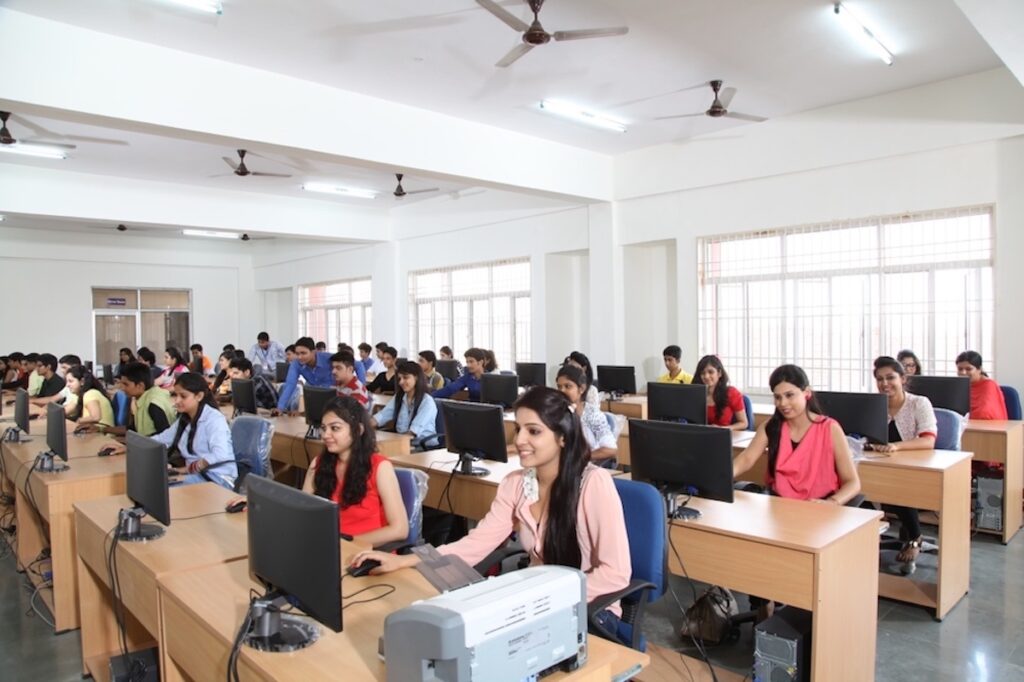
Here are some of the top BTech entrance exams in India:
Joint Entrance Examination (JEE) Main:
Conducting Body: National Testing Agency (NTA)
Eligibility: 10+2 with Physics, Chemistry, and Mathematics
Frequency: Twice a year (January and April)
Purpose: Admission to NITs, IIITs, and other centrally funded technical institutions.
Joint Entrance Examination (JEE) Advanced:
Conducting Body: One of the IITs (rotational basis)
Eligibility: Top qualifiers of JEE Main
Frequency: Once a year
Purpose: Admission to IITs and some other premier institutes.
BITS Admission Test (BITSAT):
Conducting Body: Birla Institute of Technology and Science (BITS), Pilani
Eligibility: 10+2 with Physics, Chemistry, and Mathematics
Frequency: Once a year
Purpose: Admission to BITS Pilani, Goa, and Hyderabad campuses.
VIT Engineering Entrance Examination (VITEEE):
Conducting Body: Vellore Institute of Technology (VIT)
Eligibility: 10+2 with Physics, Chemistry, and Mathematics/Biology
Frequency: Once a year
Purpose: Admission to VIT Vellore and Chennai campuses.
Amrita Engineering Entrance Examination (AEEE):
Conducting Body: Amrita Vishwa Vidyapeetham
Eligibility: 10+2 with Physics, Chemistry, and Mathematics
Frequency: Once a year
Purpose: Admission to Amrita School of Engineering campuses.
KIITEE:
Conducting Body: Kalinga Institute of Industrial Technology (KIIT)
Eligibility: 10+2 with Physics, Chemistry, and Mathematics/Biology
Frequency: Once a year
Purpose: Admission to KIIT University.
UPESEAT:
Conducting Body: University of Petroleum and Energy Studies (UPES)
Eligibility: 10+2 with Physics, Chemistry, and Mathematics
Frequency: Once a year
Purpose: Admission to UPES Dehradun.
Admission without Entrance Exam in B Tech
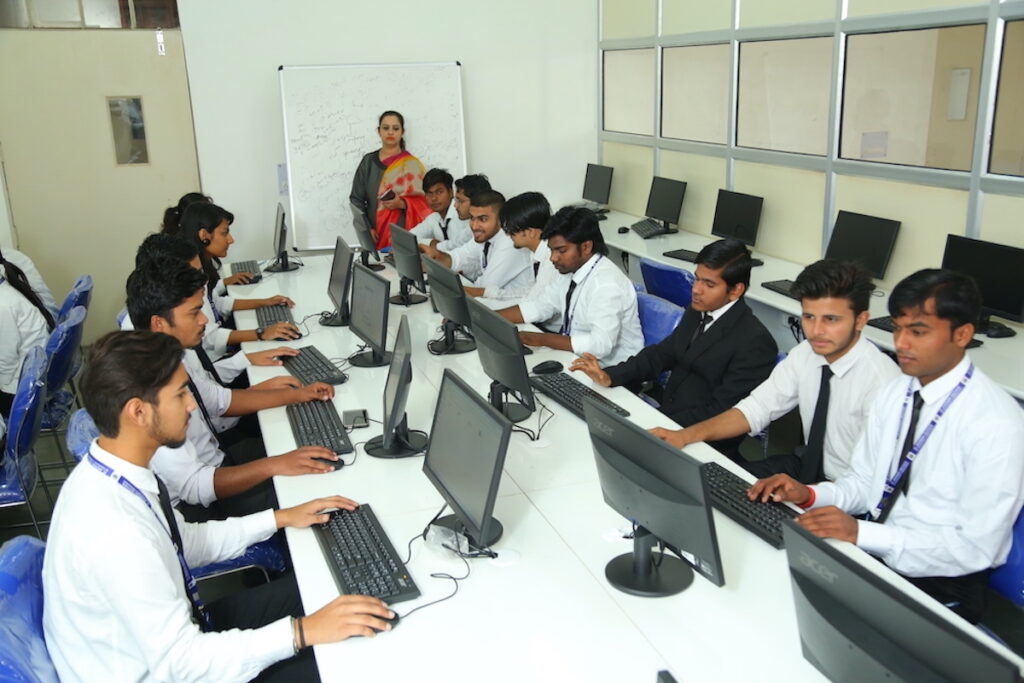
Admission to B Tech programs without an entrance exam can vary depending on the institution and the specific circumstances.
Here are some common ways students can get admission to B Tech programs without having to appear for an entrance exam:
Direct Admission based on Qualifying Exam Scores
Some universities and colleges offer direct admission to B Tech programs based on the scores obtained in qualifying exams such as Class 12 board exams or equivalent. Typically, a certain minimum percentage or grade is required in subjects like Mathematics, Physics, and Chemistry.
Merit-based Admission
Institutions may have a merit-based admission process where admission is granted based on the overall academic performance of the student in previous qualifying exams. This can include not only Class 12 scores but also performance in relevant subjects or additional criteria set by the institution.
Management Quota or NRI Quota
Many private institutions reserve a certain percentage of seats under management quota or NRI quota. Admission under these quotas often does not require an entrance exam but may involve higher fees or specific eligibility criteria related to sponsorship or nationality.
State Quota or Government Schemes
In some states, government-funded institutions offer admissions under state quota or through government schemes that prioritize local candidates or certain categories of students (e.g., economically weaker sections, socially disadvantaged groups).
Lateral Entry for Diploma Holders
For students who have completed a three-year diploma in engineering or technology, lateral entry schemes allow direct admission to the second year of B Tech programs without an entrance exam, based on diploma scores and criteria set by the institution.
Industry Sponsorship Programs
Some institutions collaborate with industries to offer sponsorship programs where students are sponsored by companies for their B Tech education. Admission under such programs may not require an entrance exam but could involve contractual obligations with the sponsoring company.
Special Admission Criteria
Certain institutions may have special admission criteria for exceptional achievements in sports, arts, or other fields. These criteria can sometimes substitute for the requirement of an entrance exam.
B Tech Subjects
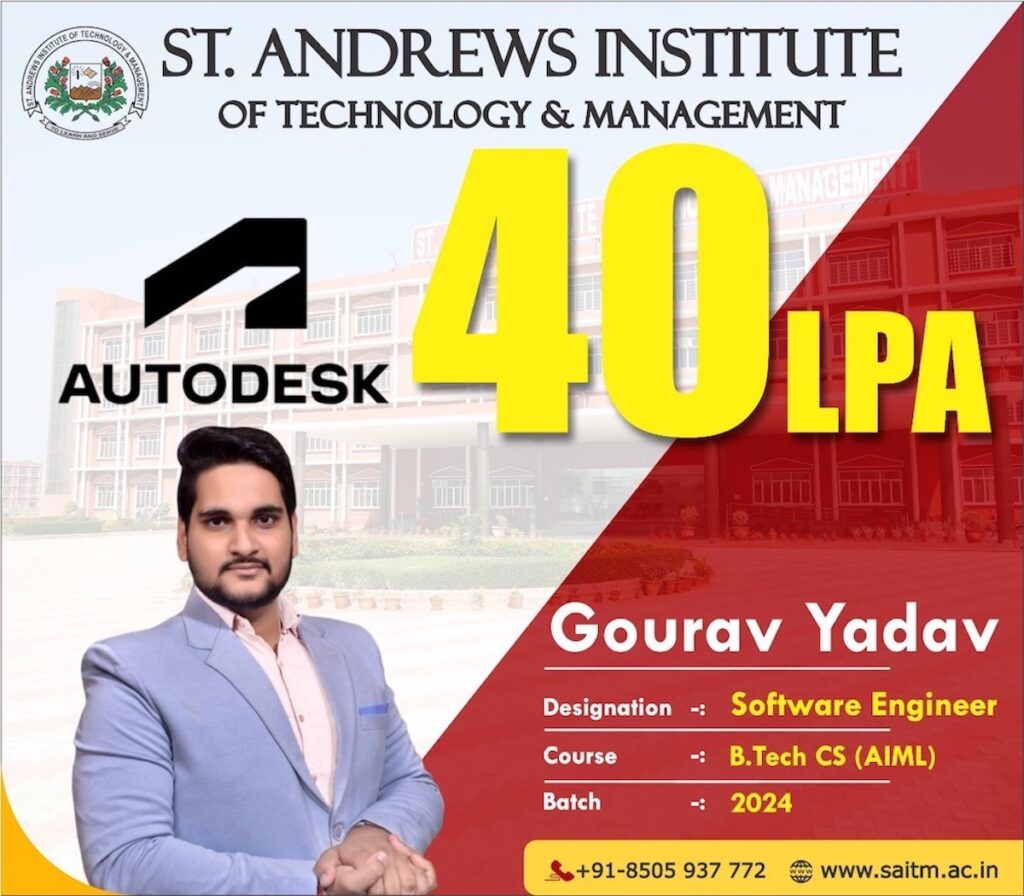
Here are some common BTech subjects categorized by their respective disciplines:
Computer Science Engineering (CSE):
Programming Languages: C, C++, Java, Python
Data Structures and Algorithms
Database Management Systems (DBMS)
Operating Systems
Computer Networks
Software Engineering
Artificial Intelligence and Machine Learning
Cybersecurity
Electronics and Communication Engineering (ECE):
Analog and Digital Electronics
Signals and Systems
Electronic Circuits
Communication Systems
Microprocessors and Microcontrollers
VLSI Design
Digital Signal Processing (DSP)
Embedded Systems
Mechanical Engineering
Engineering Mechanics
Thermodynamics
Fluid Mechanics
Strength of Materials
Manufacturing Processes
Machine Design
Automobile Engineering
Robotics
Civil Engineering
Structural Analysis
Concrete Technology
Surveying
Geotechnical Engineering
Transportation Engineering
Environmental Engineering
Construction Management
Electrical Engineering
Electrical Machines
Power Systems
Control Systems
Renewable Energy Sources
Power Electronics
High Voltage Engineering
Electrical Measurements and Instrumentation
Chemical Engineering;
Chemical Process Calculations
Fluid Mechanics and Unit Operations
Chemical Reaction Engineering
Mass Transfer Operations
Heat Transfer
Process Control and Dynamics
Environmental Engineering
Information Technology
Data Structures
Web Technologies
Network Security
Cloud Computing
Mobile Computing
Big Data Analytics
Software Testing and Quality Assurance
Biotechnology:
Cell Biology
Microbiology
Genetic Engineering
Bioinformatics
Bioprocess Engineering
Enzyme Technology
Biomedical Instrumentation
Aerospace Engineering:
Aerodynamics
Flight Mechanics
Spacecraft Technology
Structural Design and Analysis
Propulsion
Avionics
Environmental Engineering;
Environmental Chemistry
Water and Wastewater Treatment
Air Pollution Control
Solid Waste Management
Environmental Impact Assessment
Career Scope and Opportunities after Btech
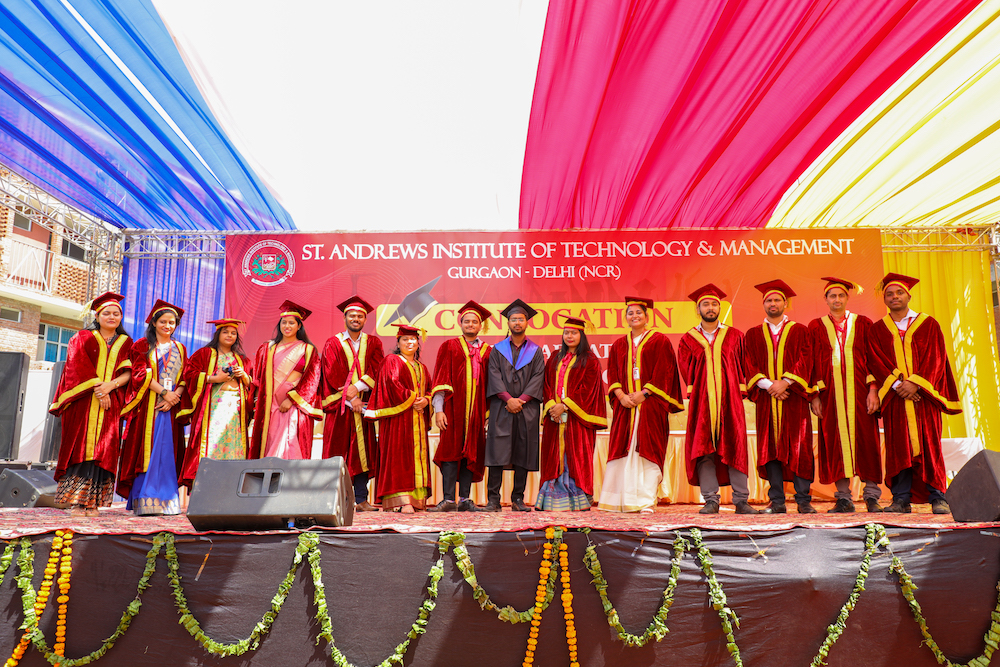
A BTech degree opens up a wide range of career opportunities across various industries.
Here are some key career paths and opportunities available to BTech graduates:
Engineering education from top institutions like IITs and NITs significantly enhances job prospects and prepares graduates for diverse roles in the engineering sector.
Core Engineering Jobs
Software Developer/Engineer
Design, develop, test, and maintain software applications.
Industries: IT services, product development, finance, healthcare, e-commerce.
Mechanical Engineer
Design, analyze, manufacture, and maintain mechanical systems.
Industries: Automotive, aerospace, manufacturing, energy, robotics.
Civil Engineer
Plan, design, and oversee construction and maintenance of infrastructure projects.
Industries: Construction, real estate, urban development, environmental engineering.
Electrical Engineer
Design, develop, test, and supervise electrical equipment and systems.
Industries: Power generation and distribution, electronics, telecommunications.
Electronics and Communication Engineer
Design and develop electronic equipment, communication systems, and networks.
Industries: Consumer electronics, telecommunication, IT, defense.
Emerging and Specialized Fields
Data Scientist/Analyst
Analyze and interpret complex data by learning data science to help organizations make informed decisions.
Industries: IT, finance, healthcare, e-commerce, marketing.
Artificial Intelligence/Machine Learning Engineer
Develop algorithms and models that enable machines to perform tasks intelligently.
Industries: Technology, automotive, finance, healthcare.
Cybersecurity Analyst
Protect an organization’s computer systems and networks from cyber threats.
Industries: IT, finance, government, healthcare.
IoT Engineer
Develop and maintain IoT systems that connect devices and systems.
Industries: Consumer electronics, healthcare, manufacturing, smart cities.
Robotics Engineer
Design, build, and maintain robots and automated systems.
Industries: Manufacturing, healthcare, space exploration, defense.
Higher Studies and Research
Master’s Degree (MTech/MS)
Specialize in a particular field of engineering or technology.
Opportunities in academia, research, and specialized roles in industry.
MBA (Master of Business Administration)
Transition to management and leadership roles.
Industries: Business development, operations, finance, consulting, entrepreneurship.
PhD
Pursue research and academic careers.
Opportunities in universities, research institutions, and advanced R&D departments in industries.
Government and Public Sector
Engineering Services Examination (ESE)
Join government departments as engineers.
Departments: Railways, defense, public works, telecommunications.
Public Sector Undertakings (PSUs)
Work in government-owned corporations.
Sectors: Oil and gas (ONGC, IOCL), power (NTPC, BHEL), telecommunications (BSNL).
Entrepreneurship
Startups
Launch and manage your own tech or engineering startup.
Sectors: Technology, manufacturing, renewable energy, e-commerce.
Consultancy
Offer engineering and technical consultancy services.
Specializations: Structural engineering, environmental consultancy, IT solutions.
Additional Professional Certifications
PMP (Project Management Professional)
For careers in project management.
Cisco Certified Network Associate (CCNA)
For careers in networking and IT infrastructure.
Certified Information Systems Security Professional (CISSP)
For careers in cybersecurity.
Average Salary after B Tech Degree
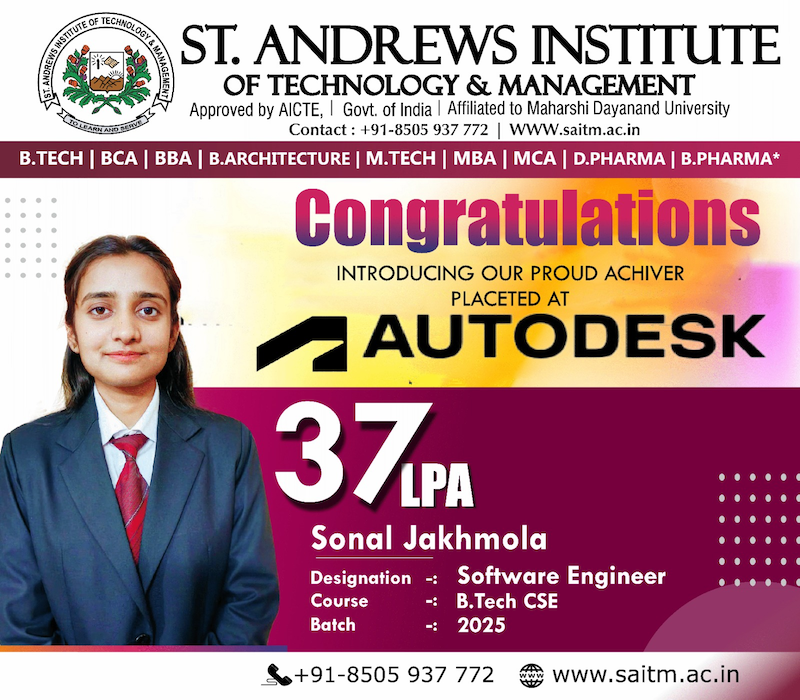
The average salary after a BTech degree in India can vary widely based on several factors such as the specialization, college reputation, industry, job role, and location.
Here is an overview of average salaries for different specializations and roles:
Average Salaries by Specialization
Computer Science and Engineering (CSE)
Software Developer/Engineer: ₹4,00,000 – ₹10,00,000 per annum
Data Scientist/Analyst: ₹6,00,000 – ₹12,00,000 per annum
AI/ML Engineer: ₹7,00,000 – ₹15,00,000 per annum
Mechanical Engineering (ME)
Mechanical Engineer: ₹3,00,000 – ₹7,00,000 per annum
Design Engineer: ₹4,00,000 – ₹8,00,000 per annum
Production Engineer: ₹3,50,000 – ₹6,00,000 per annum
Civil Engineering (CE)
Civil Engineer: ₹3,00,000 – ₹6,00,000 per annum
Structural Engineer: ₹4,00,000 – ₹8,00,000 per annum
Project Manager: ₹5,00,000 – ₹12,00,000 per annum
Electrical and Electronics Engineering (EEE)
Electrical Engineer: ₹3,50,000 – ₹7,00,000 per annum
Power Systems Engineer: ₹4,00,000 – ₹8,00,000 per annum
Control Systems Engineer: ₹4,50,000 – ₹9,00,000 per annum
Electronics and Communication Engineering
Electronics Engineer: ₹3,50,000 – ₹7,00,000 per annum
Communication Systems Engineer: ₹4,00,000 – ₹8,00,000 per annum
Embedded Systems Engineer: ₹5,00,000 – ₹10,00,000 per annum
Information Technology (IT)
IT Consultant: ₹5,00,000 – ₹12,00,000 per annum
Network Engineer: ₹4,00,000 – ₹8,00,000 per annum
Cybersecurity Analyst: ₹5,00,000 – ₹10,00,000 per annum
Top BTech Recruiters
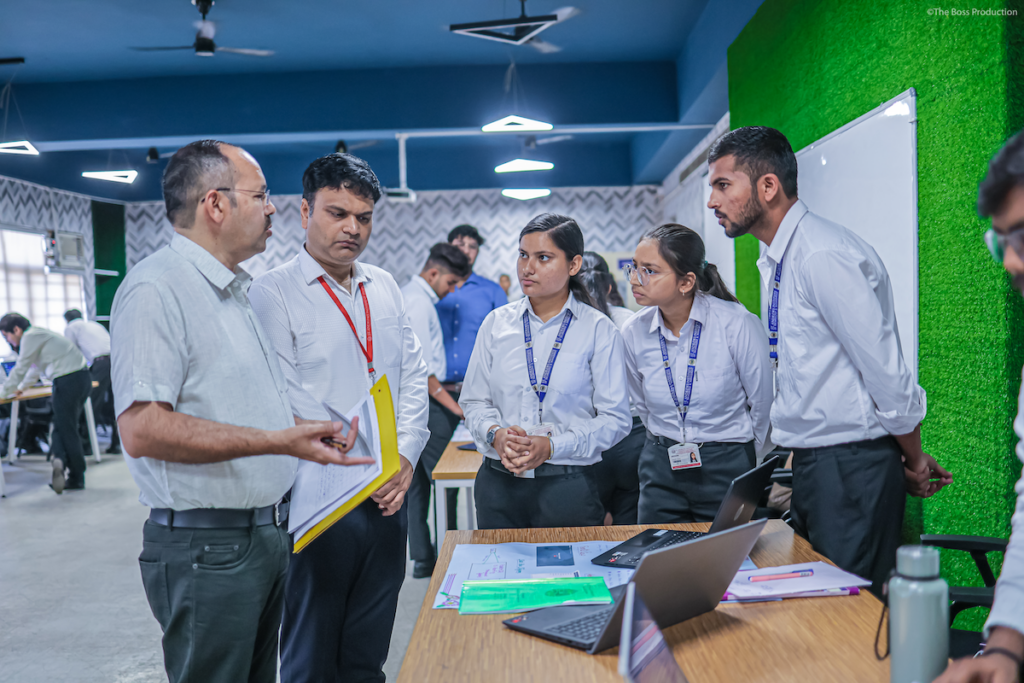
The top recruiters for BTech graduates in India vary across industries and sectors.
Here’s a list of some prominent companies known for hiring BTech graduates:
Information Technology (IT) and Software
TCS (Tata Consultancy Services)
Infosys
Wipro
Cognizant Technology Solutions
HCL Technologies
Tech Mahindra
Accenture
IBM India
Microsoft India
Electronics and Communication
Samsung Electronics
Qualcomm
Texas Instruments
Intel India
NVIDIA
Ericsson India
Broadcom India
Cisco Systems India
Philips Electronics India
Sony India
Automotive and Manufacturing
Tata Motors
Mahindra & Mahindra
Maruti Suzuki India
Hero MotoCorp
Bosch India
Larsen & Toubro (L&T)
Ashok Leyland
Bajaj Auto
Toyota Kirloskar Motor
Renault Nissan Automotive India
Telecommunications
Bharti Airtel
Vodafone Idea
Reliance Jio
Ericsson India
Nokia Networks
Huawei Technologies India
Sterlite Technologies
Qualcomm India
Consulting and Services
PwC India
EY India (Ernst & Young)
KPMG India
Accenture India
McKinsey & Company India
Boston Consulting Group (BCG) India
Bain & Company India
Banking and Finance
HDFC Bank
ICICI Bank
State Bank of India (SBI)
Axis Bank
JP Morgan Chase India
Goldman Sachs India
Barclays India
Morgan Stanley India
Energy and Utilities
NTPC (National Thermal Power Corporation)
ONGC (Oil and Natural Gas Corporation)
Indian Oil Corporation (IOC)
Tata Power
Suzlon Energy
Adani Power
Power Grid Corporation of India
Bharat Petroleum Corporation Limited (BPCL)
Public Sector Undertakings (PSUs)
Bharat Heavy Electricals Limited (BHEL)
Indian Space Research Organisation (ISRO)
Defence Research and Development Organisation (DRDO)
Hindustan Aeronautics Limited (HAL)
Steel Authority of India Limited (SAIL)
Oil and Natural Gas Corporation (ONGC)
GAIL (India) Limited
Healthcare and Pharmaceuticals
Johnson & Johnson India
Siemens Healthcare India
GE Healthcare India
Cipla
Biocon
Dr. Reddy’s Laboratories
Lupin Pharmaceuticals
Startups and E-commerce
Flipkart
Amazon India
Paytm
Ola Cabs
Swiggy
Zomato
Byju’s
Oyo Rooms
Practo
Top Government BTech Colleges in India

Here are some of the top government B Tech colleges in India renowned for their academic excellence, infrastructure, and placement records:
Indian Institute of Technology (IITs)
Location: Mumbai, New Delhi, Kanpur, Chennai, Kharagpur
Highlights: Consistently ranked among the top engineering institutions in India, excellent faculty, strong industry connections, and high placement rates.
St. Andrews Institute of Technology and Management, Gurgaon:
Location: Located in Gurgaon, Haryana
Highlights: SAITM offers undergraduate programs including Btech in various specializations such as Computer Science Engineering (CSE), Computer Science Technology (CST), Computer Science Engineering in Artificial Intelligence and Machine Learning (AI/ML), Computer Science Engineering in Data Science and Electronics & Telecommunication Engineering.
National Institutes of Technology (NITs)
Location: Tamil Nadu, Karnataka, Kerala, Telangana
Highlights: Known for its excellent academic programs, strong faculty, and good placement statistics.
College of Engineering, Pune (COEP)
Location: Pune, Maharashtra
Highlights: One of the oldest engineering colleges in India, known for its strong academic programs and good placement records.
Delhi Technological University (DTU)
Location: New Delhi
Highlights: Offers diverse engineering programs, strong faculty, and good placement support.
Netaji Subhas University of Technology (NSUT)
Location: New Delhi
Highlights: Known for its quality education, strong academic curriculum, and good placements.
Top Private BTech Colleges in India
Here are some of the top private BTech colleges in India, known for their academic excellence, infrastructure, faculty, and placement records:
Birla Institute of Technology and Science (BITS) Pilani
Location: Pilani, Rajasthan (with campuses in Goa, Hyderabad, and Dubai)
Highlights: Renowned for its academic rigor, strong industry connections, and excellent placement records. Admission through BITSAT.
St. Andrews Institute of Technology and Management, Gurgaon:
Location: Located in Gurgaon, Haryana
Highlights: SAITM offers undergraduate programs including Btech in various specializations such as Computer Science Engineering (CSE), Computer Science Technology (CST), Computer Science Engineering in Artificial Intelligence and Machine Learning (AI/ML), Computer Science Engineering in Data Science and Electronics & Telecommunication Engineering.
Vellore Institute of Technology (VIT)
Location: Vellore, Tamil Nadu (with campuses in Chennai, Bhopal, and Amaravati)
Highlights: Known for its high-quality education, state-of-the-art infrastructure, and good placement records. Admission through VITEEE.
Thapar Institute of Engineering and Technology
Location: Patiala, Punjab
Highlights: Known for its strong academic programs, good research opportunities, and robust placement support. Admission through JEE Main or university entrance exam.
PES University
Location: Bangalore, Karnataka
Highlights: Offers quality education, strong faculty, and excellent placement support. Admission through PESSAT or KCET.
FAQs
What is B Tech?
B Tech stands for Bachelor of Technology, an undergraduate engineering degree awarded in various engineering disciplines and technology fields. B Tech Meaning highlights its focus on technical education and practical application in these areas.
How is B Tech different from BE?
B Tech and BE (Bachelor of Engineering) are often used interchangeably, but B Tech programs generally emphasize practical application and technology-oriented courses. B Tech Meaning highlights this focus, whereas BE programs may concentrate more on theoretical aspects of engineering and practical knowledge.
What are the popular specializations in B Tech?
Some popular specializations in B Tech include Computer Science Engineering (CSE), Mechanical Engineering (ME), Electrical Engineering (EE), Civil Engineering (CE), Electronics and Communication Engineering (ECE), and Information Technology (IT), among others. B Tech Meaning encompasses these diverse and in-demand fields.
What is the duration of a B Tech course?
Typically, a B Tech course spans four years, divided into eight semesters. B Tech Meaning also includes programs with direct or lateral entry for diploma holders, which may have different durations.
What are the career prospects after completing B Tech?
Graduates of B Tech programs can pursue careers as engineers, technologists, consultants, researchers, project managers, and entrepreneurs across various industries such as IT, manufacturing, telecommunications, automotive, and more.
Is B Tech a recognized degree globally?
Yes, B Tech degrees are recognized internationally, especially when obtained from accredited institutions. B Tech Meaning signifies a degree that maintains consistent engineering and technology principles, even though the curriculum and standards may vary globally.
What skills do B Tech programs focus on developing?
B Tech programs focus on developing technical skills related to specific engineering disciplines, as well as soft skills such as communication, teamwork, problem-solving, and project management. B Tech Meaning encompasses this comprehensive skill development approach.
How can I choose the right specialization in B Tech?
Choosing the right specialization depends on your interests, career goals, and aptitude. B Tech Meaning involves understanding the various specializations available. Researching the curriculum, job prospects, and personal preferences can help in making an informed decision.
Are there opportunities for further studies after B Tech?
Yes, graduates can pursue higher studies such as M Tech (Master of Technology), MBA (Master of Business Administration), MS (Master of Science), or PhD (Doctor of Philosophy) in their respective fields of interest or related disciplines. B Tech Meaning also includes the potential for advanced education and specialization.
What are the eligibility criteria for admission to a B Tech program?
Eligibility criteria typically include completing high school education (Class 12 or equivalent) with specific subjects (often Mathematics, Physics, and Chemistry), meeting minimum percentage requirements, and sometimes qualifying in an entrance examination depending on the institution and country. B Tech Meaning involves understanding these prerequisites for admission.

